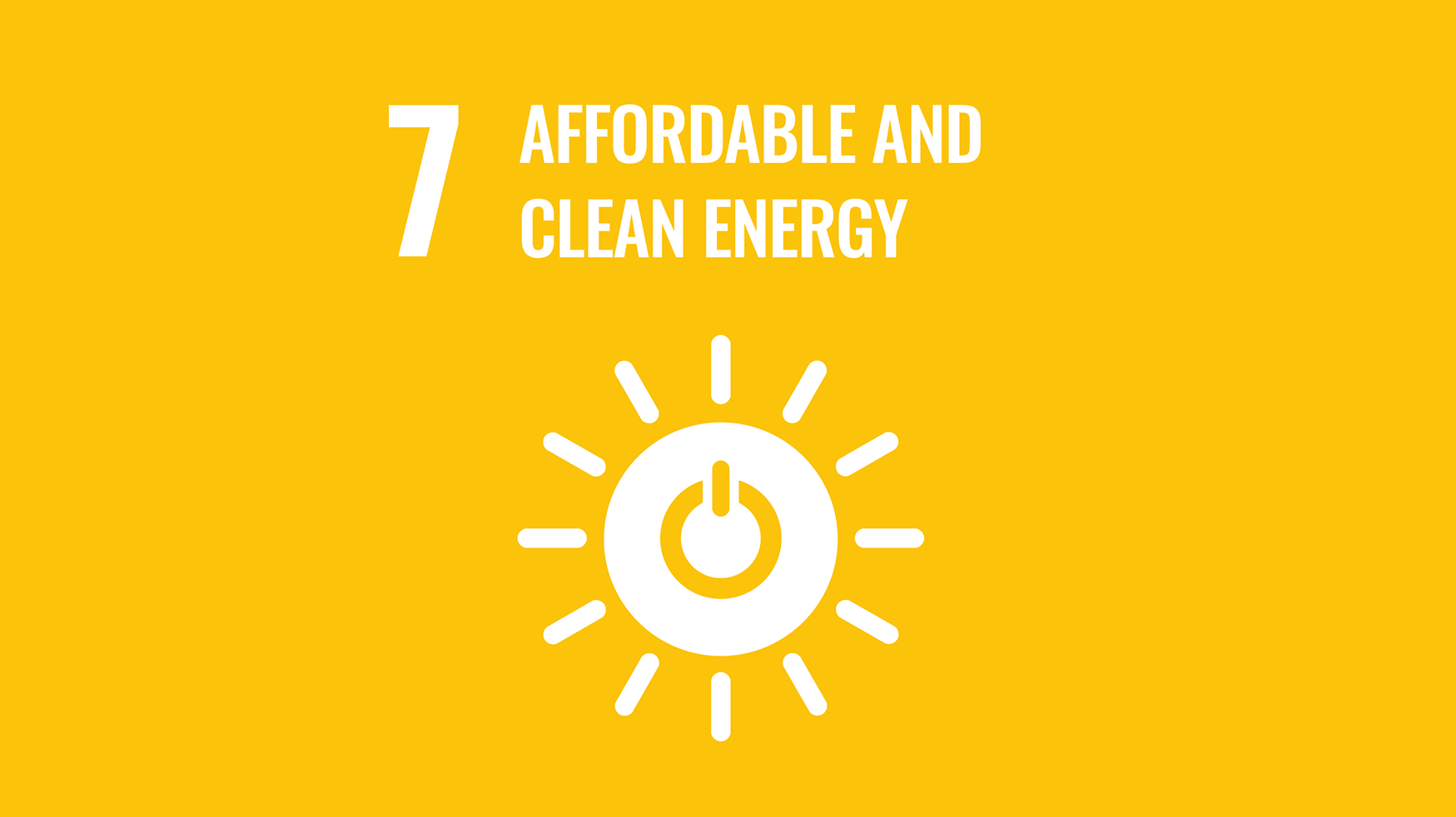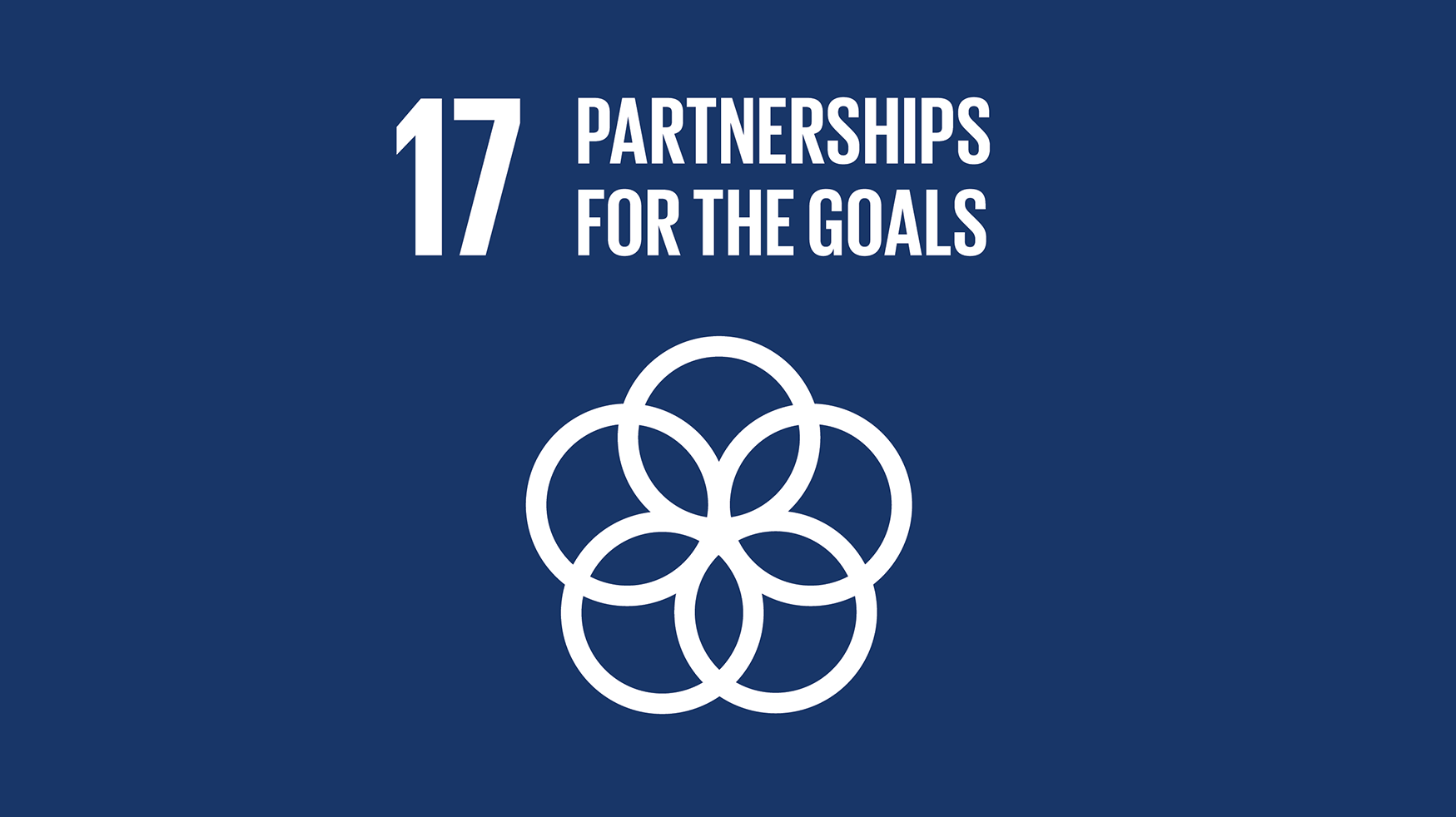

Moldova faces major challenges due to obsolete, energy-intensive infrastructure and very limited public funds to renovate or replace it. The Government of Moldova in its Energy Strategy declared Energy Efficiency and the development of Renewable Energy as high priorities.
The Moldova Energy Efficiency Project’s (MEEP) objective is to support sustainable energy efficiency improvements in buildings in various cities in the Republic of Moldova through funding by the EIB. The project, being implemented from 2022 to 2025 with a budget of 3 MEUR, focuses on the modernisation and improvement of energy efficiency in public buildings, such as schools, kindergartens, hospitals, and municipal or governmental buildings commonly used by citizens, which are owned by the State and/or municipalities.
Implementation
The MEEP is structured into two main phases:
- Phase 1 – Preparation: This phase focuses on identifying the best way to implement the framework loan, aligning with EIB and EBRD financing rules. In Phase 1, NTU has supported the EIB and Moldovan Municipalities in the identification of 16 buildings in Moldova amounting to a loan amount of 80 MEUR. The program is now in its second phase where the pilot projects from Phase 1 will be implemented and further initiatives will be evaluated for possible funding.
- Phase 2 – Implementation: The TA team supports the Energy Efficiency Agency (EEA), Moldova Energy Projects Implementation Unit (MEPIU), and local authorities in rolling out the loan effectively, ensuring full compliance with EIB, EU, EBRD, and national standards.
- To maximise the project's impact, NTU emphasised the preparatory phase, which culminated in a comprehensive feasibility study. This phase included the identification of pilot projects, the delivery of energy audits, and the development of a Project Procedures Manual to ensure smooth and effective implementation of the MEEP.
Phase 2 formally started on the 1st of August 2023, providing support to the Project Implementation Unit (PIU) for Project Implementation, Monitoring, Evaluation and Reporting of the selected pilot projects. The energy-efficient refurbishment of the buildings is being implemented, with a focus on thermal insulation, HVAC improvements, renewable energy integration, and compliance with EU standards such as the Energy Performance of Buildings Directive (EPBD). A communication plan and strategy have also been prepared, with NTU preparing to implement a visibility strategy that supports citizens of Moldova becoming more aware of the funding institutions ensuring the investments.
Expected Impact
- Calculations show that the implementation of the project will improve energy efficiency, and will result in long-term cost savings, approx. 50% In each building.
- Asbestos surveys, along with the Feasibility Study, Energy Saving Analysis, and Project Procedures Manual, have enhanced safety management and streamlined energy-saving project implementation.
- Collaboration with the Moldovan Energy Agency has strengthened documentation and reporting capabilities, while also building long-term capacity for sustainable energy monitoring and evaluation.
- 10 hospitals will receive thermal rehabilitation, resulting in saving enough money to spend on medications for 5000 patients.
- The renovation of the hospitals will save energy and reduce CO2 emissions by 6,600 tons per year.

SDGs
This project contributes to the following Sustainable Development Goals (SDGs):




